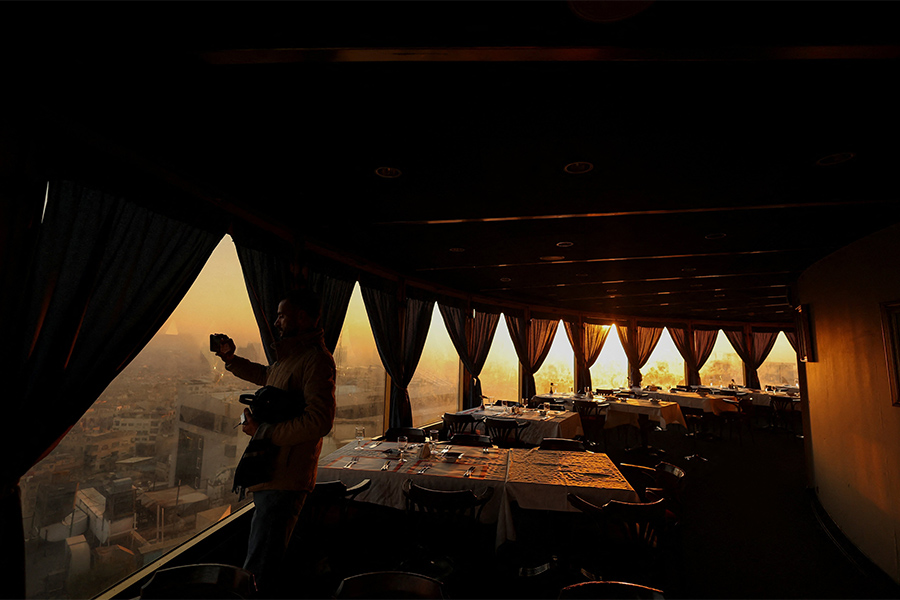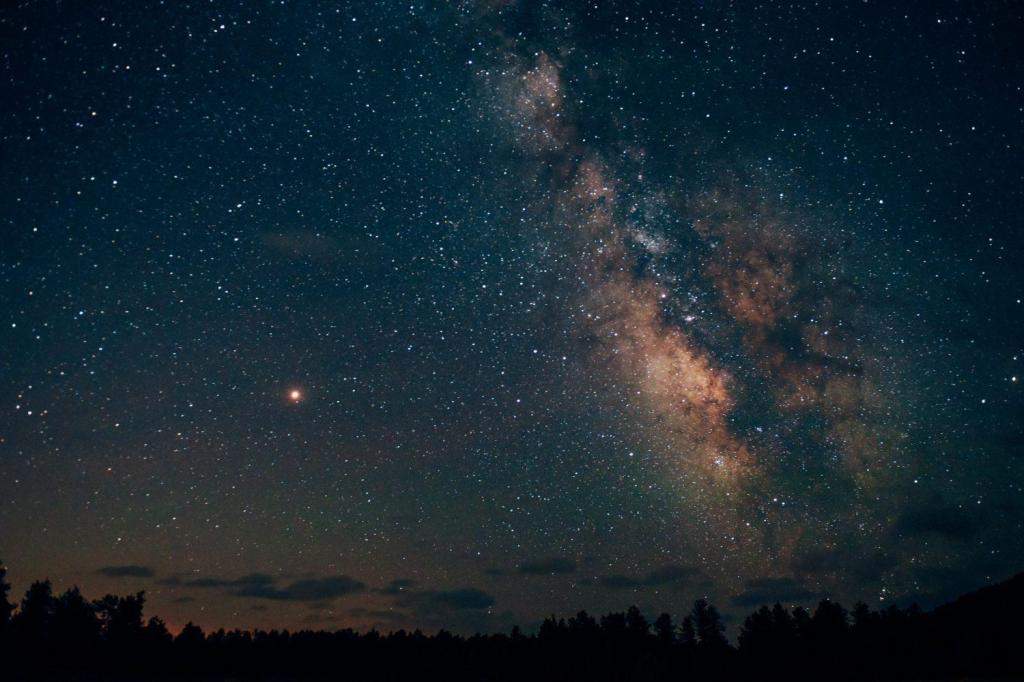AMMAN, Jordan (OSV News) — Although Syria’s Christian leaders try to remain positive about the new Islamist interim government in Damascus, others are raising concerns about the future of the country’s diverse population .
Syria’s de facto leader Ahmed al-Sharaa met with Bishop Hanna Jallouf, vicar apostolic of Aleppo and head of the Latin Church in Syria, and other senior Catholic, Orthodox and Anglican clerics in Damascus on December 31.
Christians are urging al-Sharaa to guarantee the rights of religious and ethnic minorities after the Islamist group Hayat Tahrir al-Sham, or HTS, along with a coalition of other Islamist groups, took power on December 8. Syria.
Earlier, Melkite Greek Catholic Patriarch of Syria Youssef I Absi of Antioch, Greek Orthodox Patriarch John , as Syria goes through a new transition, we address the public with a message of love and hope,” they can read in the remarks made available from OSV News.
The clerics called for peace and unity during this period of critical political transition, highlighting the need to foster national reconciliation. The Syrian civil war that began in March 2011 quickly turned into a sectarian conflict between the communities, which once enjoyed good relations.
Syria was home to about a million Christians before the civil war, according to French analyst Fabrice Balanche, who says their numbers have fallen to around 300,000.
In their Dec. 29 statement, church leaders urged Christians and others to play an important role in crafting a new constitution that reflects the aspirations of Syrians as key to building peace. a modern and democratic state. This should involve “all components” of Syrian society where all citizens are equal before the law. They highlighted the importance of Syria as a secular state where diversity is respected and people are free to practice their faith.
“As Christians, we have a vital and central role to play in this phase by cooperating with everyone to move forward and rebuild this homeland,” they said.
They also called for “a comprehensive national dialogue” to rebuild social cohesion and strengthen Syria’s identity as a diverse and inclusive nation.
“We urge our Christian faithful not to retreat into isolation or fear, but to actively engage in the public sphere,” the statement said.
Although al-Sharaa has promised that the rights of Christians and other Syrians will be respected, many fear his government will adopt strict Islamic law that marginalizes minority communities and excludes women from public life.
Notably, changes made to the Syrian school curriculum on January 1, introducing an Islamist bias, sparked outrage and intense negative reactions. Angry critics questioned the speed of this move, the competence of the author and the proposed amendments, including: “those who are damned and have gone astray” were replaced with “Jews and Christians” and “the path of good” by “the Islamic path” among them. others. Although it is believed that al-Sharaa may reconsider these changes.
This follows the interim government’s appointment of foreign Islamist fighters to senior positions in the Syrian army, causing unease among Syrians.
Meanwhile, Syrian women continue to protest comments by HTS spokesperson Obaida Arnaout, who described women as “biologically incapable” of assuming certain leadership roles.
Christians in the towns of Hawash, Suqaylabiyah and other Christian and minority towns in Syria have reportedly demonstrated to demand the removal of foreign fighters from their communities, particularly after a Christmas tree was burned before Christmas in one of the Christian towns.
Tensions between Christians and Islamists have also been reported in Maaloula, a historic town where Jesus’ language, Aramaic, is spoken, located about 35 miles northeast of Damascus. Residents are demanding that local Christian police coordinate with HTS to prevent Islamists from staying out of the town, known for its Christian heritage.
Bassam Said Ishak is president of the Syriac National Council of Syria, a group that aims to defend the rights of Christians and all minorities to build a democratic, secular and pluralistic Syria. Syriac Christians and Kurds have already achieved this goal, as well as religious freedom, in northeastern Syria through their governance of the autonomous administration of northern and eastern Syria.
He and other Syrian notables urged to be included in meetings with the interim government “to build a homeland that welcomes all,” in a statement provided to OSV News.
Ishak, a graduate of the Catholic University of America in Washington, told OSV News that one of the biggest concerns for Christians and others is safety and security.
“They want to know that no one will jeopardize their safety and that it will be assured. Furthermore, one wonders if they can continue to live their way of life without fear,” he said. “Will they have the right to freely practice their religion? What opportunities will be available to them? Will their economic rights be preserved? » said Ishak.
The United States, Britain and the European Union have called for an inclusive political transition in Syria that respects the rights of the country’s diverse communities.
New leader al-Sharaa said the Syrian administration would hold a “National Dialogue Conference” in January to discuss the country’s future with all segments of society, but it is unclear who will be invited.
Read more Religious freedom
Copyright © 2025 OSV News
![]() Print
Print
catholicreview


